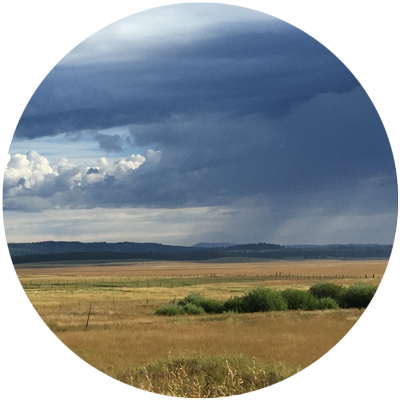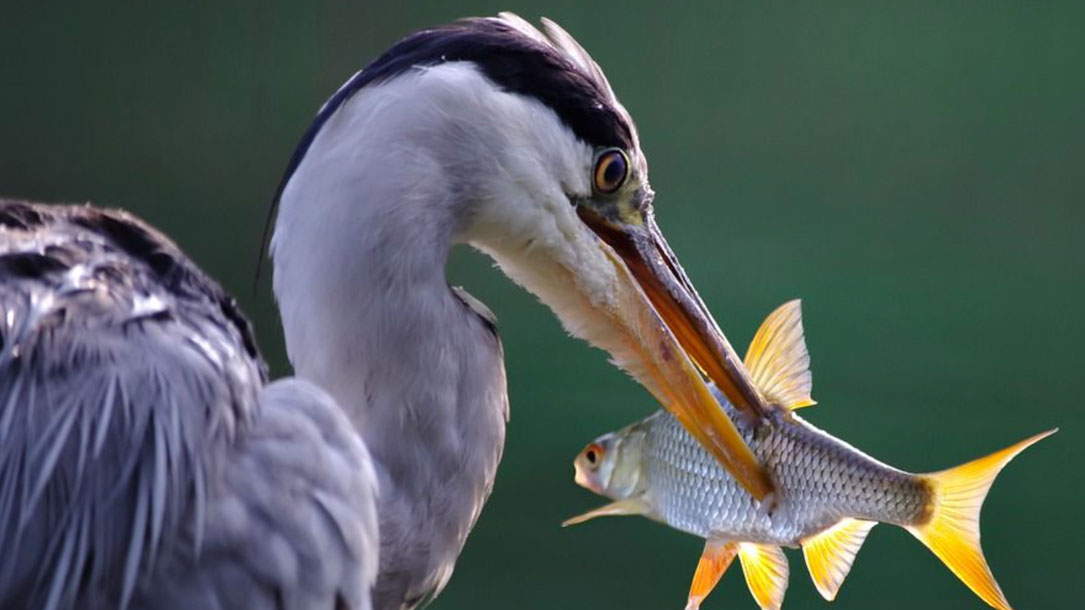
Leading by example
Mass Audubon is taking steps to reduce their carbon footprint, and they hope to inspire their members and visitors to do the same. They want to do their part to reduce their carbon emissions from fossil fuel consumption in order to help prevent the worst effects of climate change.
Since 2003, Mass Audubon has reduced its annual carbon emissions from its buildings and vehicles by almost 50 percent. In addition to explaining why they care (and why you should, too), they’ve made improvements in several key areas…
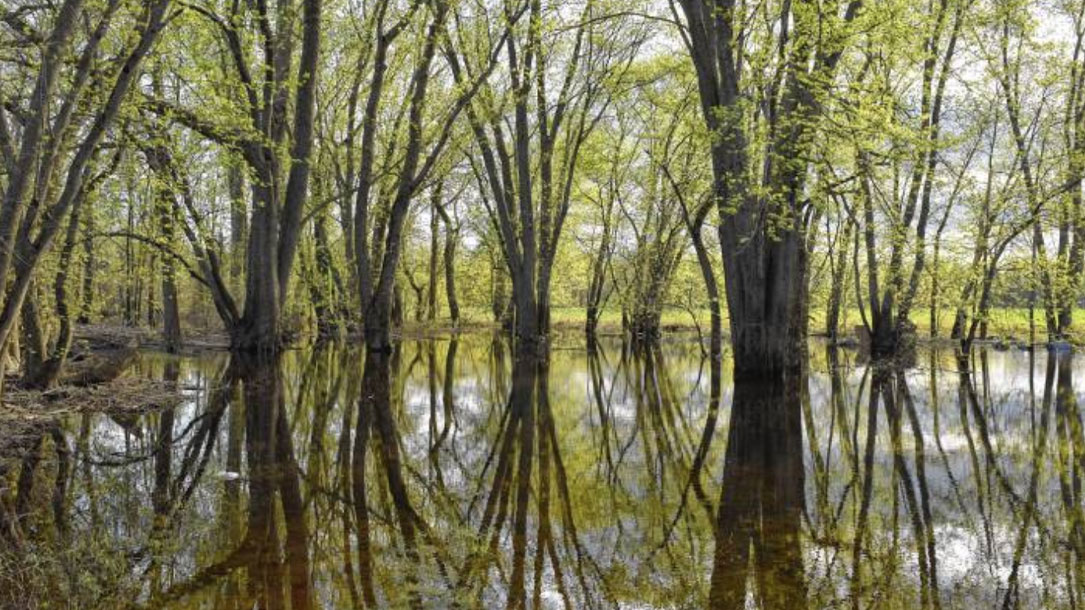
Kestrel Land Trust featured: Land conservation is part of the climate change solution
“When you think about strategies to prevent more severe impacts [of climate change], protecting land from development may not be the first action that comes to mind. The science is clear that we must reduce our fossil fuel use and curtail other sources of greenhouse gas emissions.
Conserving and restoring the world’s forests, grasslands and wetlands, however, is also a critical tool for countering the effects of climate change. Every year, globally millions of acres of forests are cleared for development, grazing or crops. When this happens, most of the organic carbon stored in the original forest is released into the atmosphere…”

King Arthur Flour calls for action
“King Arthur Flour works with mills and farmers across the nation to supply home bakers everywhere with some of the finest flours and baking supplies available. It takes a lot of time and energy to transport our products to stores and kitchens across the country, and we are acutely aware of the impact all that transportation has on the environment.
In 2016, the transportation sector surpassed the electric power sector to become the largest emitter of greenhouse gas emissions in the U.S. In fact, the transportation sector is responsible for nearly a third of all U.S. Greenhouse gas emissions—contributing to climate change and air pollution, and exacerbating public health concerns…
Therefore we were pleased to see Gov. Phil Scott announce that Vermont will join eight other states and the District of Columbia this year to collaborate on developing a regional, market-based policy to reduce greenhouse gas emissions and modernize our transportation system…”

The Nature Conservancy encourages action
“Thank you for the opportunity to testify before you today on this issue. The Nature Conservancy is enthusiastic about climate mitigation legislation passing in New York State during the 2019 Legislative Session. First and foremost, thank you Assemblyman Englebright for championing this issue and continuing to call for strong action from New York in leading the nation…
Earlier this month, the Intergovernmental Panel for Biodiversity and Ecosystem Services (IPBES) released its first report detailing past biodiversity losses and prospects for people and natureii. Governments and scientists agree we are exploiting nature faster than it can renew itself.
The IPBES report is a shocking wake-up call. The report clearly shows how rapid deterioration of nature threatens our food, water and health, and worsens the impacts of climate change. Achieving economic and development goals, as well as climate goals, will require tackling this accelerating loss of biodiversity…”
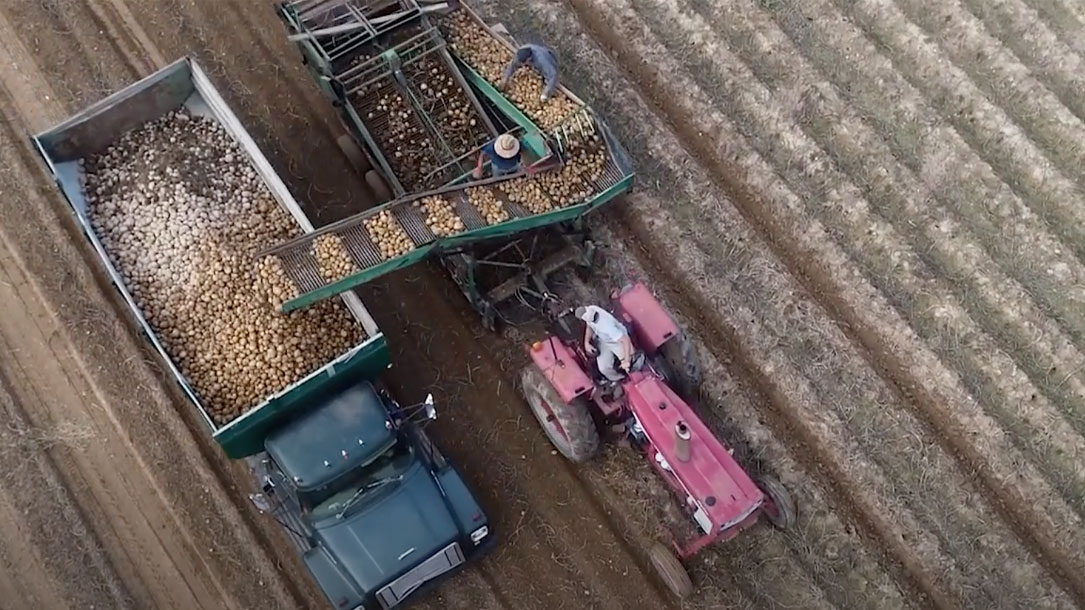
Soil champions: farmers lead
Farmers take risks all year long and with climate change, those risks are growing with extreme and unpredictable weather. Yet we know from research that soils can and do impact how fast climate change will accelerate—or slow down.
American Farmland Trust, in partnership with farmers and partners, is ramping up its communications efforts to support farmers in this transition. Check out this short video where the farmers of Long Island, NY, talk about the changes they have made, and why.

What land conservationists can do: Open Lands Land Trust is communicating about climate change
Climate science can be cumbersome and disheartening, including when the White House released the much anticipated Fourth National Climate Assessment, a sweeping Federal review of the impact of climate change on the natural environment, agriculture, human health, forests, transportation, and natural resources. The report, which was authored by scientists from 13 federal agencies and climatologists from across the country, documents in explicit terms the changes to our climate that have already occurred in the United States.
The Open Lands Land Trust observes that reports like this no doubt will lead to some anxiety for many of us. But they want to prepare you with information and talking points so you can advocate for climate action right now.
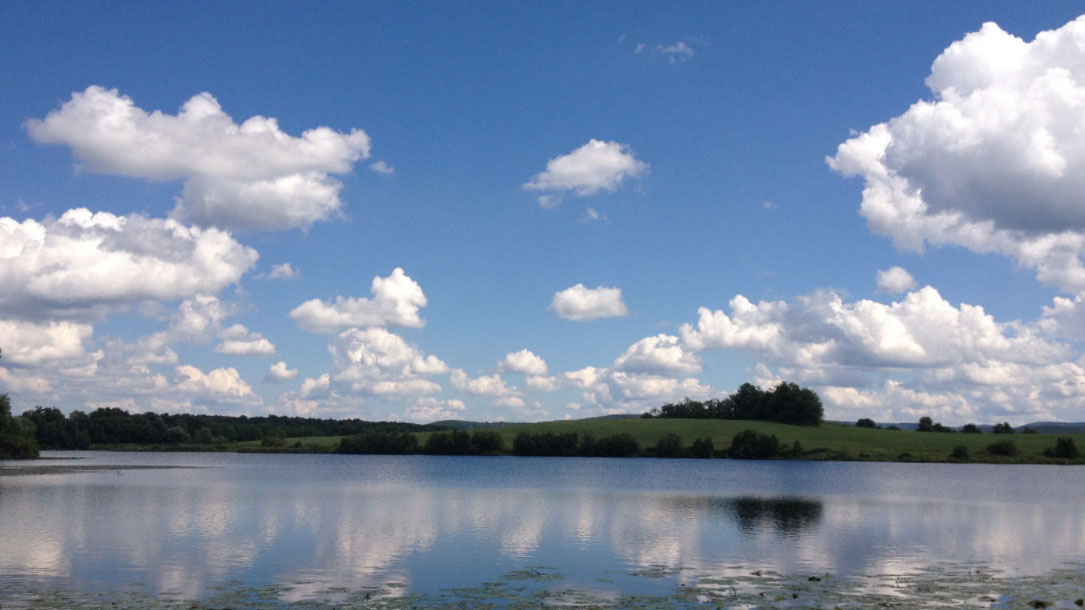
Taking steps to “walk the walk”: Peconic Land Trust makes changes
Peconic Land Trust’s (PLT) values and goals reflect their organization’s desire to protect their environment and appreciate the natural resources of Long Island, New York. Over the last several years, PLT has taken steps to minimize their carbon footprint by making their offices more efficient and by integrating “green principles” throughout the organization.
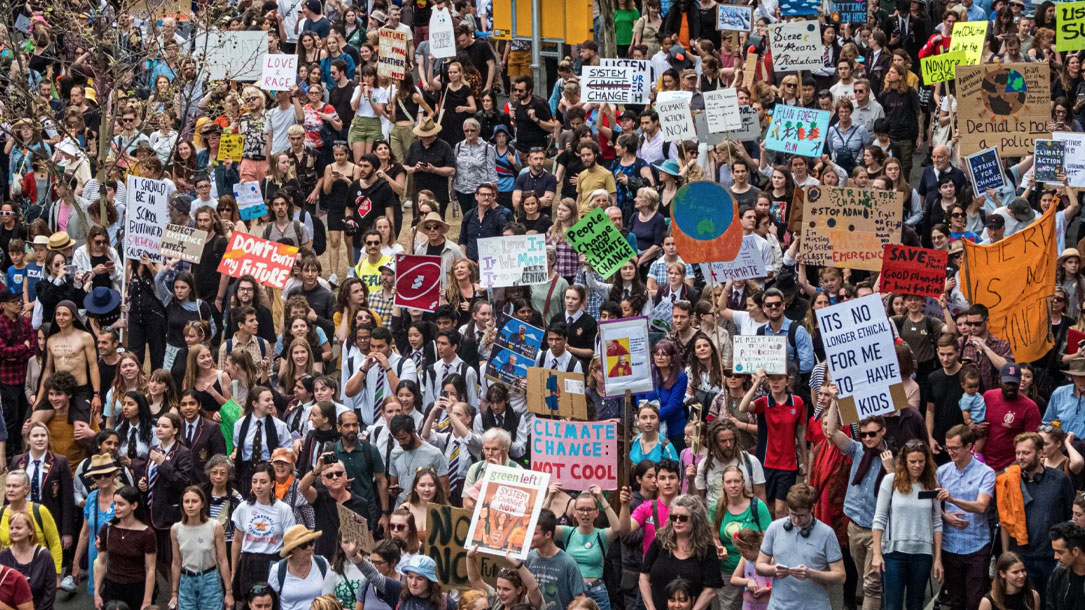
How do you convene your community on climate change? Here are some tips
The Climate Generation Climate Convenings Toolkit can help you organize a public gathering on climate change solutions in your community.
The Toolkit shares the essential elements for effective public conversations on climate change, as well as the practical tools for planning and implementing a convening in your community. The 20+ page guide is geared toward anyone interested in catalyzing deeper conversation, understanding, and action on climate change.
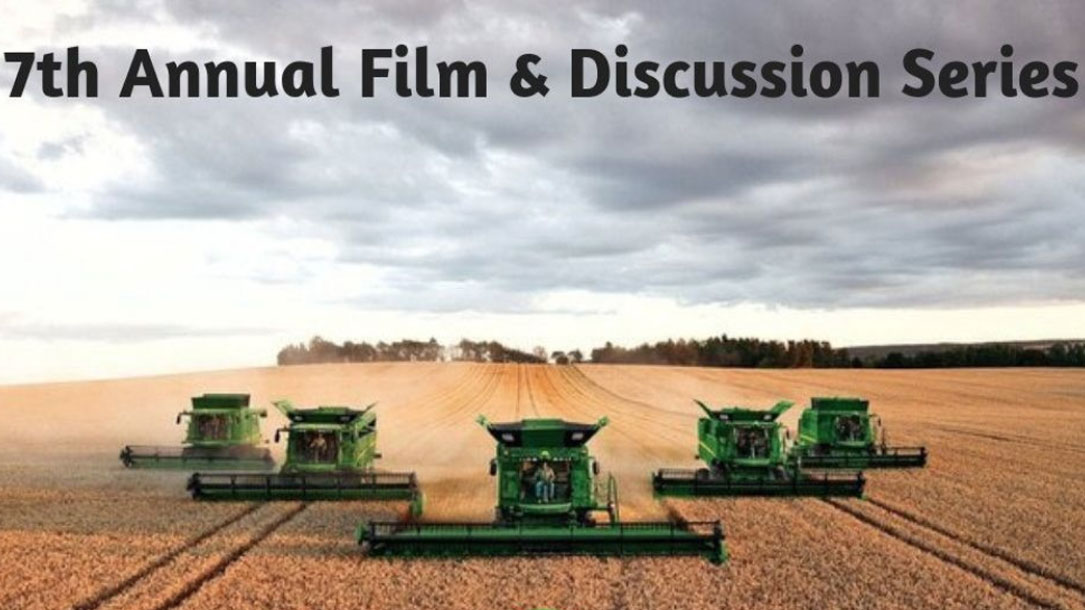
Film Series Featuring Climate Change: Woodstock Land Conservancy partners with community organizations
Inspired by Project Drawdown, which offers 100 practical solutions to reverse global warming, this year’s program focus is on the lifecycle of food and its components which rank high in their contribution to producing greenhouse gases. Woodstock Land Conservancy and others are providing a forum for people to address their impact.
Check out their film series in partnership with the Woodstock NY Transition, Woodstock Jewish Congregation, and Saint Gregory’s Episcopal Church for a monthly evening film, presentation, and discussion on four successive topics including regenerative agriculture, plant-rich diet, food waste, and composting.
They welcome a lively discussion about working together locally to make choices that lessen our impacts.
Presented the last Monday of the month from January through April, the Film & Discussion Series is free and open to all ages. Donations are welcome and help to support future programs.
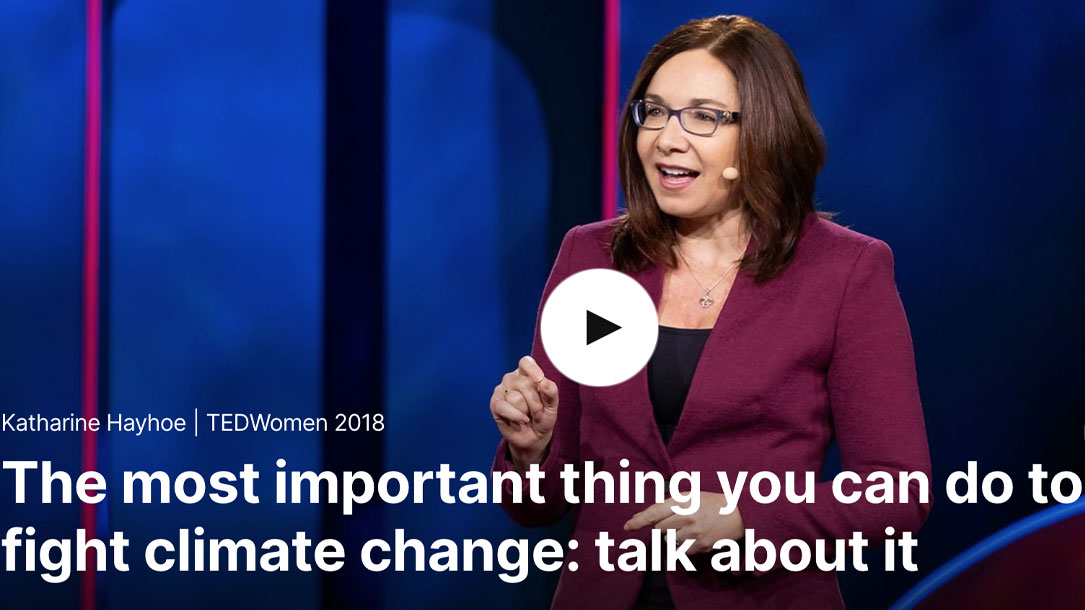
Land trusts need to talk about climate change
How do you talk to someone who doesn’t believe in climate change? Not by rehashing the same data and facts we’ve been discussing for years, says climate scientist Katharine Hayhoe.
In this inspiring, pragmatic talk, Hayhoe shows how the key to having a real discussion is to connect over shared values like family, community, and religion—and to prompt people to realize that they already care about a changing climate.
“We can’t give in to despair,” she says. “We have to go out and look for the hope we need to inspire us to act—and that hope begins with a conversation, today.”



